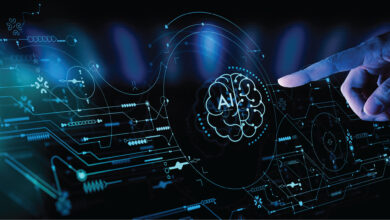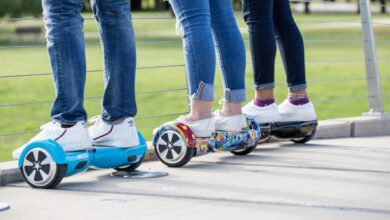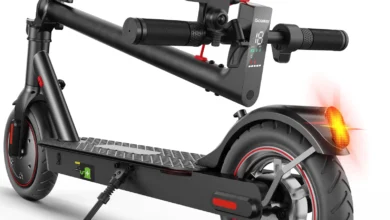Sectors most affected by technological innovations

Today’s technology revolution is changing every sector of the economy, fueled by innovation such as AI, 5G, and the Internet of Things (IoT). These new developments not only make industries productive and effective; they also are altering not just how industries do business and, in the majority of cases, how they connect with consumers, but how they look to see themselves positioned in a digital environment.
Leisure
The leisure industry has evolved in massive ways thanks to technology. Streaming services now provide recommendations for content based on users’ behavior using AI and online gaming companies take advantage of all that 5G provides for an uninterrupted gaming experience. The increase of online casinos is one significant example. Here, through the adoption of artificial intelligence, online casinos can analyze players’ habits and preferences in real time, offering customized bonuses and promotions, such as free spins on their favorite slots, to increase user engagement and loyalty. AI facilitates a next-level, customized, and interactive game experience. Social media, a predominant aspect of digital leisure, operates similarly using algorithms and machine learning to curate content feeds, serve ads, and anticipate user preferences in the unlimited worldview of immersive platforms that adapt and grow alongside the user.
Healthcare
Artificial Intelligence is transforming healthcare with the ability to provide clinical decision support, personalized treatments, early diagnoses and minimize the time required for drug discovery. The vast capabilities of AI can process data faster and better than humans, analyzing millions of health records and providing detail and insights a human could never achieve. Hospitals are now rapidly deploying AI tools to improve administrative tasks and predictive care outcomes. One of the fastest growing fields for implementation of technology in health care, is the recent growth of technology for remote health monitoring using wearables that are not connected to computers. The ease of remote health monitoring using IoT technology continues to expand care for patients away from the clinic and facilitates fast and easy engagement for chronic health disease management and patient engagement in the health process to ultimately improve the outcomes.
Smart agriculture
Innovation brought by technology is bringing us to sustainable agriculture. Farmers are beginning to incorporate drones, sensors and AI for monitoring crops, soil and weather for data-driven decisions in agriculture. Internet of Things devices in smart agriculture systems also automate irrigation systems and pest control, minimizing water usage and chemical usage with robotic systems. These types of technology will minimize the environmental impact of growing crops, while continuing to support greater yields. Farmers can also improve their competitiveness using machine learning algorithms, for example calculators can be used to determine the best harvest time.
Finance
The financial sector is utilizing AI and big data for fraud detection, algorithmic trading, and customer service automation. One of the most pressing issues surrounding AI in finance is cybersecurity—digital transactions, online banking, etc., open our financial systems to an increased risk of cyber threats. AI-driven security systems are already being used in other sectors to detect any potential breaches and provide real-time response efforts to mitigate impacts and improve consumer safety. Fintech companies are also using machine learning to provide personalized finance and investment advice, and also develop credit scoring technology that is more efficient and accessible while abiding by strict compliance and digital safety standards.
Smart home
With AI, IoT, and voice-activated technology homes are now smarter. Smart thermostats, smart lights, smart security cameras can all be adjusted remotely. This offers everyday convenience and energy efficiency. Central to this evolution is the next generation smartphone, which acts as the command hub for all smart devices. The AI tool learns the user’s behavior, providing automation for tasks like lighting adjustments and saving on energy. With the increased connectivity of 5G networks and enhanced communication between devices, smart homes are moving from extravaganza to necessity, resulting in safer, smarter, sustainable spaces.





